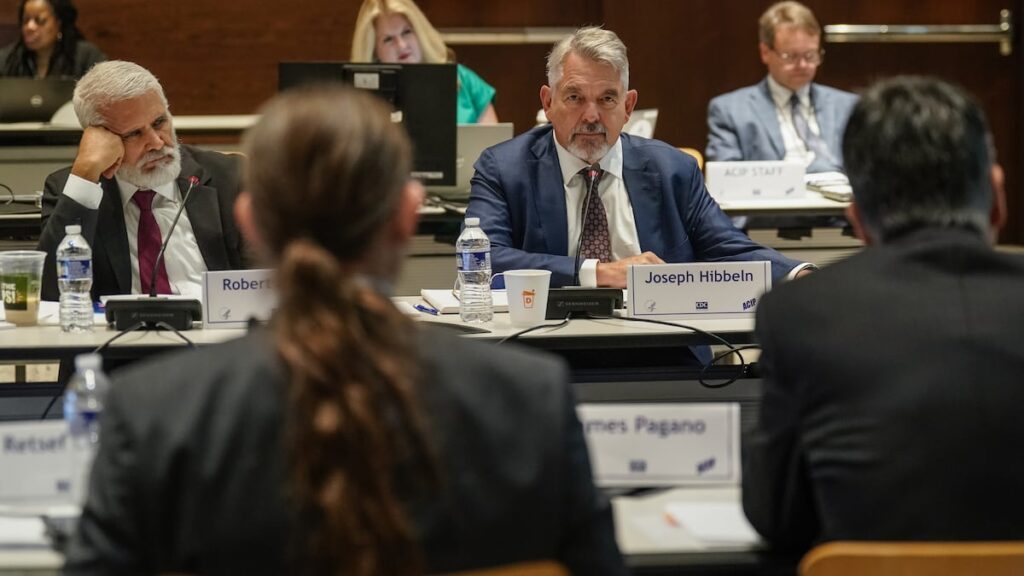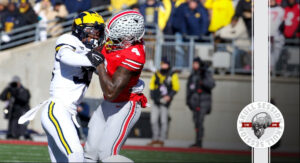
As fired and retired scientists gathered in protest outside the Centers for Disease Control and Prevention’s (CDC) headquarters in Atlanta, an advisory panel appointed by Robert F. Kennedy Jr. convened inside to chart a new course for vaccine policy. This panel, handpicked by Kennedy, marks a significant shift in the CDC’s Advisory Committee on Immunization Practices (ACIP), moving from a stance of supporting vaccine advancement to questioning the safety and efficacy of established vaccines.
The panel’s inaugural meeting on Wednesday was overshadowed by Kennedy’s announcement to withdraw a $1.2 billion U.S. commitment to global immunization efforts. Critics argue that this decision could have dire consequences for children in the world’s poorest countries, potentially leading to preventable deaths.
Shifting Vaccine Policies and New Recommendations
Despite the controversy, the new ACIP recommended a newly licensed vaccine for newborns to protect against a respiratory virus. However, they also advised against the use of influenza vaccines containing thimerosal, a mercury-based preservative. This decision aligns with Kennedy’s disproven claims linking thimerosal to autism, although only about 4% of flu vaccines currently contain the preservative.
More concerning to vaccine advocates are the committee’s plans to review the government’s childhood vaccine schedule. At least three of the seven committee members are known opponents of current vaccines, raising fears that this could undermine public confidence and long-standing medical consensus.
Expert Opinions and Public Reactions
Martin Kulldorff, the new ACIP chair and former Harvard University epidemiologist, emphasized a commitment to evidence-based medicine in his opening remarks. He announced the formation of a new working group to investigate the number of vaccines administered to children and adolescents.
However, the meeting drew criticism from various quarters. Caroline Brown, a pediatrician from North Carolina, expressed concern during a public comment session, stating,
“Fearmongering and pseudoscience have overtaken our country.”
She linked this to a recent measles case in her state, a disease declared eliminated in the U.S. 25 years ago.
The American Academy of Pediatrics (AAP) declined to participate in the meeting, announcing it would continue to publish its own vaccine recommendations. Sean O’Leary, chair of the AAP Committee on Infectious Diseases, stated,
“What we heard in this meeting was really a false narrative that the current vaccine policies are flawed.”
CDC’s Stance and Internal Dynamics
Within the CDC, there was a stark contrast between the skepticism of ACIP members and the data presented by CDC scientists. While the latter provided evidence supporting the safety and efficacy of vaccines, including those for COVID-19 and RSV, some panel members remained unconvinced.
Biochemist Robert Malone and MIT professor Retsef Levi, both vocal critics of mRNA technology, frequently dismissed the CDC’s findings. They suggested potential hidden harms and inadequate safety monitoring, claims that CDC scientists rebutted during the meeting.
Protests and Public Sentiment
Outside the CDC, protesters dressed as vaccine-preventable diseases voiced their disapproval of the new ACIP. Casey Boudreau, a retired CDC official, criticized Kennedy’s calls for further vaccine safety studies, arguing that such efforts are redundant.
Former CDC liaison Tony Fiore expressed concern that the committee’s actions could erode public trust in vaccines, potentially harming immunization programs.
Global Implications and Future Directions
Kennedy’s decision to withdraw support from Gavi, an international vaccine alliance, has significant global implications. Gavi estimates its programs have saved 18 million lives, primarily in impoverished regions. Former CDC official Deblina Datta warned,
“There will be deaths. This is a big blow for children worldwide.”
Meanwhile, the ACIP’s agenda continues to evolve. Before Kennedy’s intervention, the committee was poised to reduce the number of HPV vaccine doses recommended for children. However, Kennedy’s financial interests in a lawsuit against an HPV vaccine manufacturer add a layer of complexity to the panel’s decisions.
The removal of thimerosal from all flu vaccines, though largely symbolic, also stirred debate. While most childhood vaccines have been thimerosal-free since 1999, the cost implications of removing it from flu vaccines remain a concern for some health professionals.
As the ACIP moves forward, the tension between established scientific consensus and the new panel’s direction will likely continue to spark debate both within the U.S. and globally.






